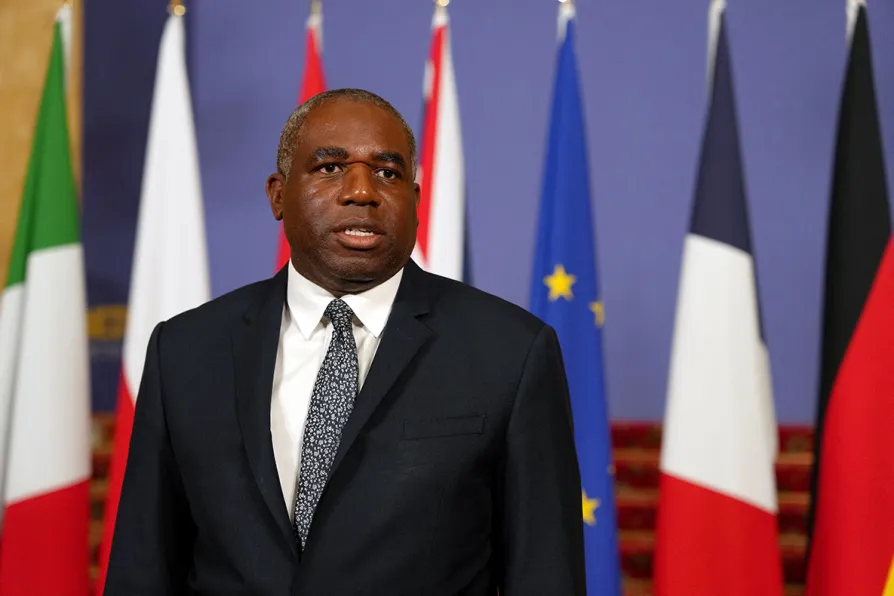

BRITAIN has sanctioned far-right Israeli ministers because of their overt support for genocide against the Palestinians.
Acting with other countries, Foreign Secretary David Lammy said that Bezalel Smotrich and Itamar Ben-Gvir would be hit with a travel ban and a freeze on their assets.
Israel responded by calling the move “outrageous” but it is of mainly symbolic impact, and comes as ministers try to deflect growing anger at government passivity over Gaza inside both the Commons and the Foreign Office.
Palestine Solidarity Campaign director Ben Jamal said: “These sanctions against two far-right Israeli ministers are a long-overdue acceptance by the British government that Israel is committing grave crimes against the Palestinian people but completely inadequate to end Britain’s complicity in those crimes or bring a halt to Israel’s genocide in Gaza.
“We need a full arms embargo now, and sanctions on the Israeli state, not just blocks on two ministers’ bank accounts.”
Mandarins are struggling to contain a diplomats’ revolt over the issue and have told staff concerned about Labour abetting Israeli crimes to “quit if you don’t like it.”
More than 300 staff at the department had written to Mr Lammy expressing collective concern that the government was abetting Israeli breaches of international law.
Backbench Labour MPs are also seeking ways to submit an emergency Commons resolution to force ministers to shift, an unusual parliamentary procedure.
Ministers last week pledged “further measures” if Israel does not end its aid blockade and its renewed offensive against the Palestinian population, and the sanctions on the ministers are unlikely to be enough to satisfy critics.
The Foreign Office rebels wrote to Mr Lammy slamming what they called “a stark disregard for international law” by Israel and questioning Britain’s continued arms sales to the Netanyahu government.
The letter cited Israel’s aid blockade, the killing of aid workers, its West Bank settlement expansion as examples of illegality, and criticised the government’s recent welcome of Israeli foreign minister Gideon Saar in London, contributing to an ”erosion of global norms.”
The two top civil servants in the department, Oliver Robbins and Nick Dyer, responded by saying the “honourable course” for those in “profound disagreement” with government policy was to resign.
One official who signed the letter has described the response as an “outrage” and spoke of “a deep sense of disappointment that the space for challenge is being further shut down.”
And Amnesty International UK chief executive Sacha Deshmukh echoed these concerns, saying: “It’s deeply troubling that Foreign Office staff raising legitimate human rights concerns about the UK’s role in Gaza are being told to consider resignation as a response.
“This sends a chilling message to civil servants — and to the wider public — that principled dissent on matters of international law and human rights is unwelcome in government.”
PCS general secretary Fran Heathcote called the response to staff “hopelessly inadequate.”
She said: “There has been little effort to address our members’ concerns and no effort to justify the UK government’s interactions with the government of Israel, despite our genuine concerns over its potential failure to comply with its obligations under international and domestic law.
“As for the suggestion that civil servants may wish to resign if they are uncomfortable with what they are being asked to do — this is simply reprehensible.”










